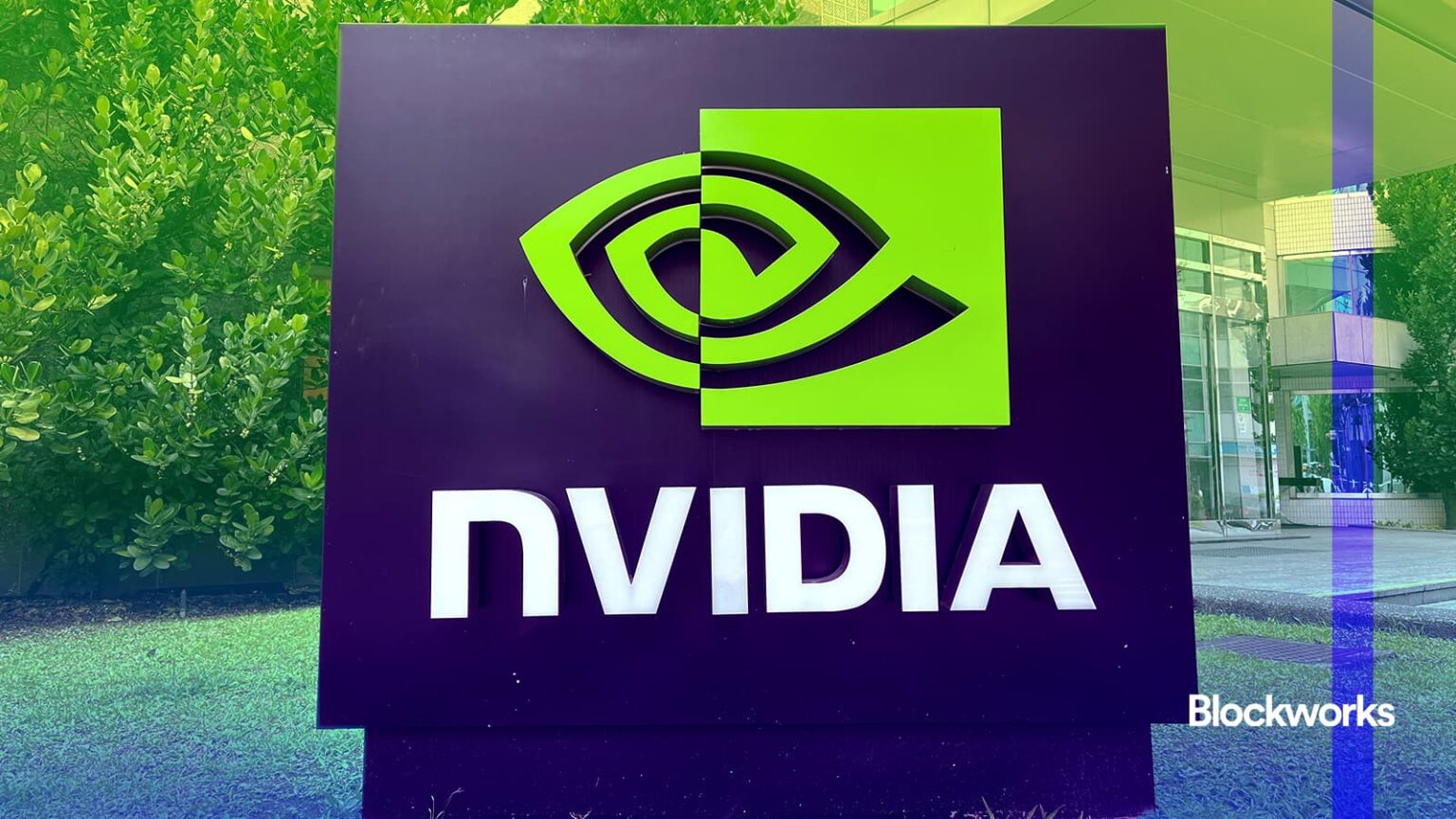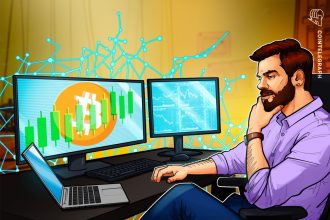This is a segment from the Forward Guidance newsletter. To read full editions, subscribe.
Tech Stocks Rally Following Trade Optimism
Attributed to early signs of a potential trade deal with China and a better-than-expected April Consumer Price Index (CPI) print, Big Tech stocks have largely trended higher this week.
The S&P 500 North American tech sector index climbed 8.4% over the past five trading days, while the Nasdaq Composite gained 6.3%.
Leaders in the group maintained momentum, with Microsoft (+3%) and Nvidia (+13%) posting gains despite facing industry headwinds.
Two Major Forces Shaping Big Tech
The author identifies two key drivers poised to significantly impact Big Tech companies: trade tariffs and advancements in artificial intelligence (AI).
Tariffs:
- Higher tariffs are suggested to push Big Tech companies towards price increases.
- Although consumer electronics currently receive tariff relief, the author notes that this respite is viewed as temporary by Trump administration officials regarding US-China trade relations.
AI:
- Tariff-induced supply chain disruptions for semiconductors and other infrastructure raise the cost of AI investment.
- Despite this, leading AI companies report substantial increases in their AI/DC budgets. For instance:
- Alphabet plans a $75B AI investment (43% YoY increase).
- Meta similarly increased its AI budget by 44%, targeting $60-$65B for 2025.
- Microsoft estimates the June (fiscal year end) AI spending at $80B, despite recent workforce reductions.
- The author offers perspective, noting while escalating costs may be inevitable with tariffs impacting AI tools, the sheer scale of spending signals companies remain committed to scaling AI models, viewing it as essential despite expenses.
Nvidia shares gained over 10% following news of a temporary truce in US-China trade talks, pushing its market cap above $3T for the first time since February. This moved Nvidia’s market cap above $3 trillion.
“Information” sector productivity update: A new St. Louis Fed report supports the theory that AI drives productivity gains.
AI and Productivity: The St. Louis Fed’s report corroborates the hypothesis that AI enhances productivity. It highlights that the information sector (technology) has experienced approximately 5% annual productivity growth between 2019 and 2024.
The Labor Market Impact
The nature of AI’s impact on employment is complex. While AI is poised to both create and displace jobs, current sentiment points less towards mass human displacement and more towards redirection of human effort. Specifically:
The productivity gains mentioned have occurred even as manufacturing jobs’ share of overall employment has decreased. Economic experts generally agree that sustainable growth requires either higher employment or increased productivity – ideally both.
The proceeding questions AI’s immediate threat, humorously querying whether ChatGPT might impact journalist employment.
[Placeholder for the accompanying chart showing productivity gains]












